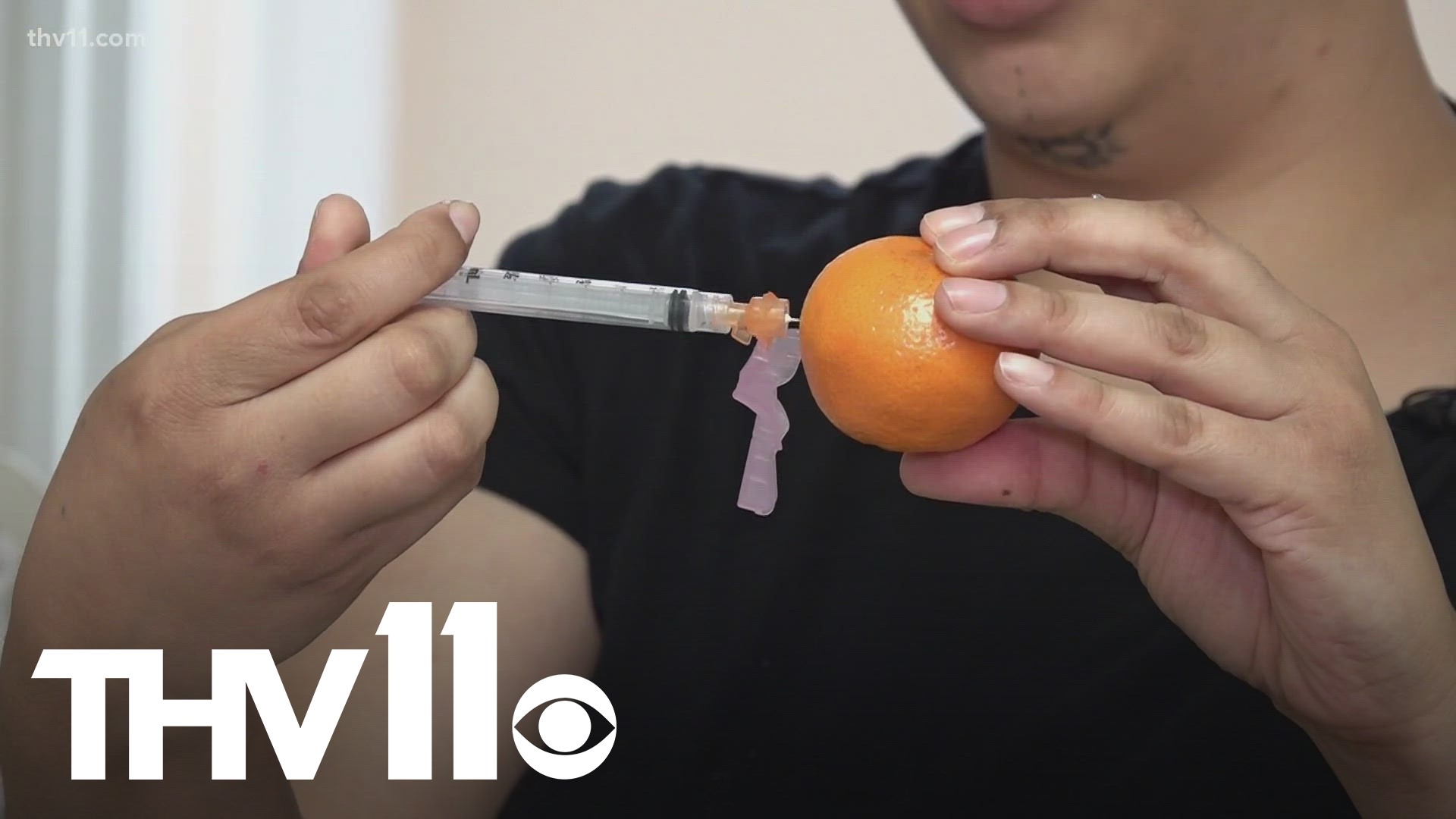LITTLE ROCK, Ark. — Drug overdoses continue to alarm health professionals in Arkansas.
According to the Arkansas Department of Health, 628 Arkansans died from a drug overdose in 2021. We requested data from 2022, but health department leaders said the information wasn't available yet.
The number of deaths raises an important question— do you know what to do if someone near you is experiencing an overdose?
"Since the pandemic, overdoses have gone up," Amber Kincaid with Central Arkansas Harm Reduction Project said.
Kincaid said that's because some communities don't have access to treatment or resources, and she is focused on being that resource as she helps people understand that overdoses can be unpredictable.
"It can be a bar, it can be a country club, [and] it can be a trailer park," Kincaid said.
Being prepared and knowing what to do is extremely important and Kincaid said people need to be able to recognize the signs.
"A person who is overdosing from opioids is not active," Kincaid said. "They're not getting up, they can't call for help. They can't help themselves at all."
Symptoms of overdose:
- Slow breathing
- Slow or unintelligible slurs
- Their fingernails will be purple or gray
- You'll hear groans or gargles.
According to Kincaid, that's where preparedness comes into play. That is where preparedness comes into play. She said you'll immediately want to call 911.
Kincaid also said that people should have Naloxone, a nasal spray or injectable medication that reverses an overdose. It's purchasable over the counter with or without a prescription.
In training, Kincaid used a syringe, a Naloxone injection and an orange to demonstrate how to use it.
She showed that the bottle has to be turned upside down and said to stick the syringe inside to slowly draw all the Naloxone out of the bottle.
People will then insert the syringe in the upper arm or thigh of someone and push the medication and turn the person on their side.
"We make sure to give folks training on how to perform CPR in the event that someone's not breathing, and you don't have Naloxone," Kincaid said. "How you just keep doing rescue breaths until help gets there."
The medicine is used in multiple situations, not just for those abusing a substance. Kincaid said you'll never know when you'll need it.
Click HERE to learn more and get access to the medication.

